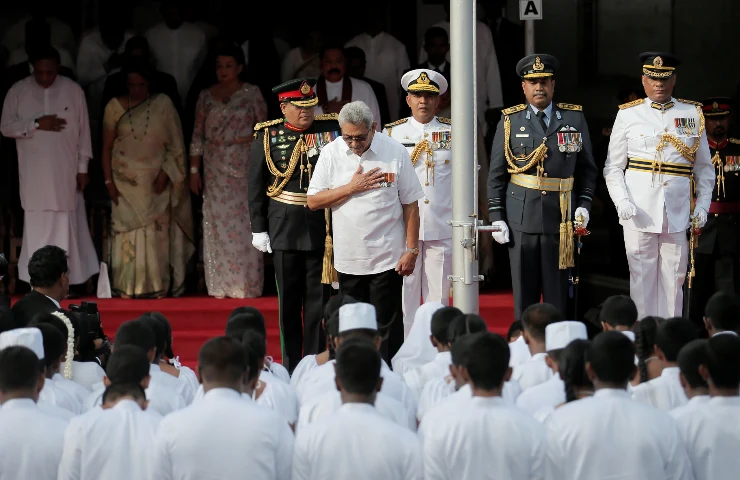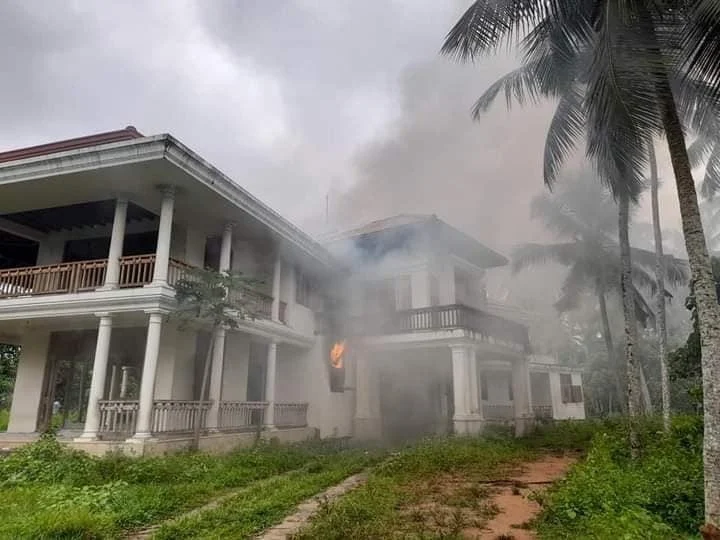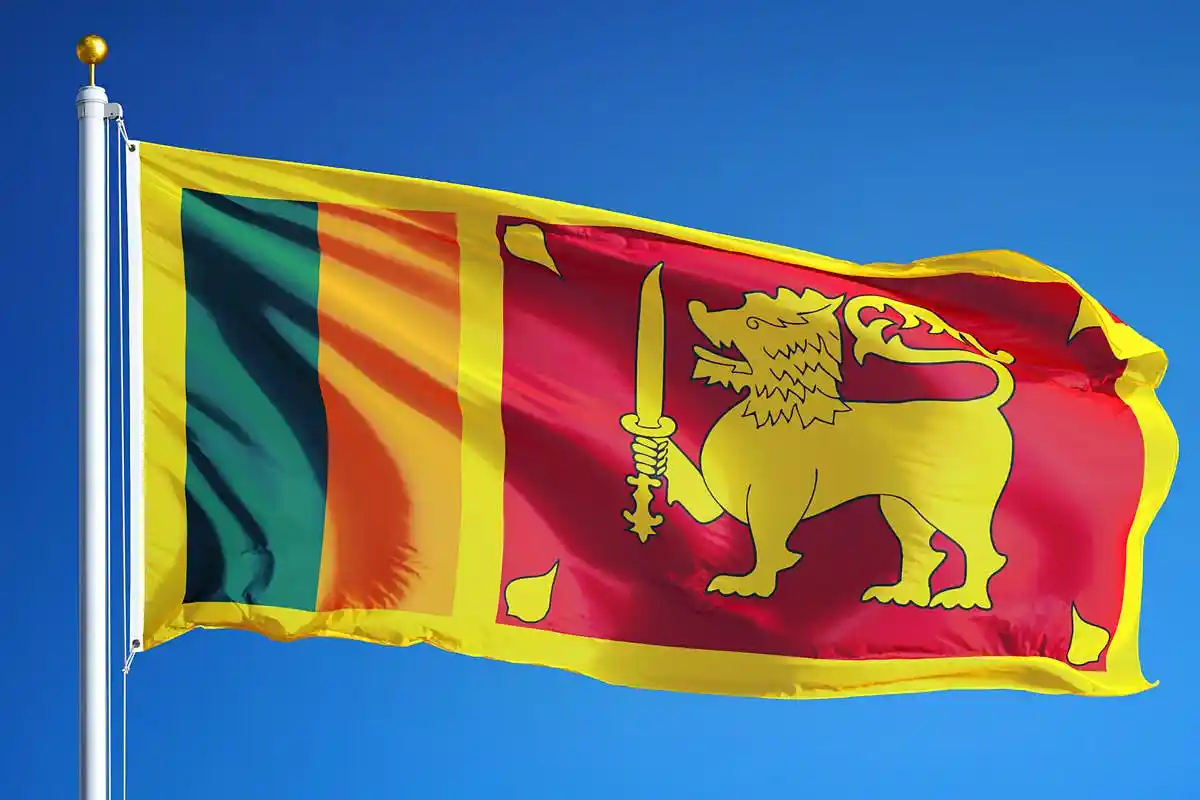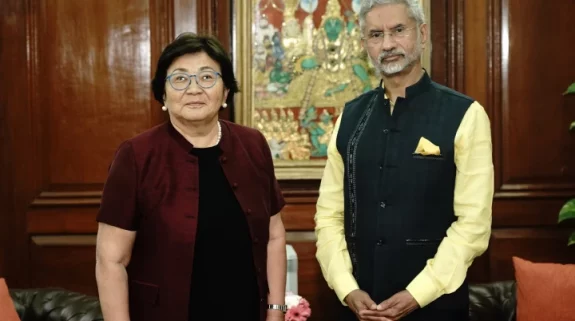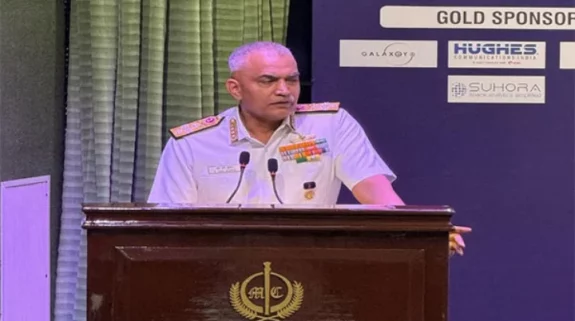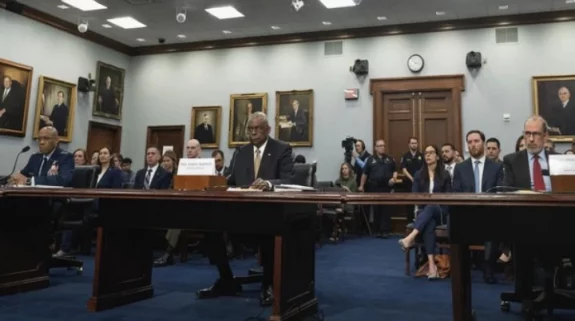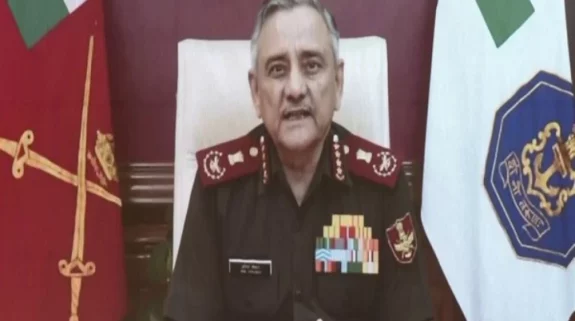Sri Lanka has decided to close three overseas missions–the Sri Lanka High Commission in Nigeria; the Consulate General of Sri Lanka in Frankfurt, Germany; and the Consulate General of Sri Lanka in Cyprus from January.
The decision by the Foreign Ministry was approved by the Sri Lankan Cabinet.
In a statement on Monday, the ministry said: "The restructuring is undertaken with a view to conserving the country’s much needed foreign reserves and minimising expenditure related to maintenance of Sri Lanka’s Missions/Posts overseas, while ensuring the effective conduct of bilateral relations, in the backdrop of the grave economic challenges posed by the global pandemic".
The Sri Lankan embassy in Berlin will handle the trade, investment and tourism promotion and consular matters for the Frankfurt consulate.
Sri Lanka’s High Commission in Nairobi, Kenya will manage the work for Nigeria while the embassy in Rome, Italy, will look after Cyprus affairs.
The country faces a severe foreign exchange crisis as the Covid-19 pandemic shut down its travel and tourism business–a major revenue-earner for a Indian Ocean island nation. Earlier, its tourism was dealt a blow by the April 2019 Easter bombings.
It is estimated that the country is left with just one month of foreign exchange which it is saving up for essential food and medicines.
The central bank has undertaken a series of measures in a bid to shore up its foreign exchange. It is giving ten extra rupees for each dollar that the expats send to the country through legal channels. The bank has even appealed to the people to hand over loose change.
Just last week, it signed a barter deal with Iran to pay off its $251 million oil debt to the Gulf country by exporting the famous Ceylon tea.
Sri Lanka also had to close down its only oil refinery–the Sapugaskanda oil refinery, for nearly 50 days in November after its foreign exchange reserves touched rock bottom.
The country is in the grip of rising inflation and shortages of petrol, milk powder, wheat flour, sugar, cement and cooking gas.
The foreign ministry says that it will continuously monitor the requirements of the missions and consulates as the decision to shut down the three missions is a temporary one.






